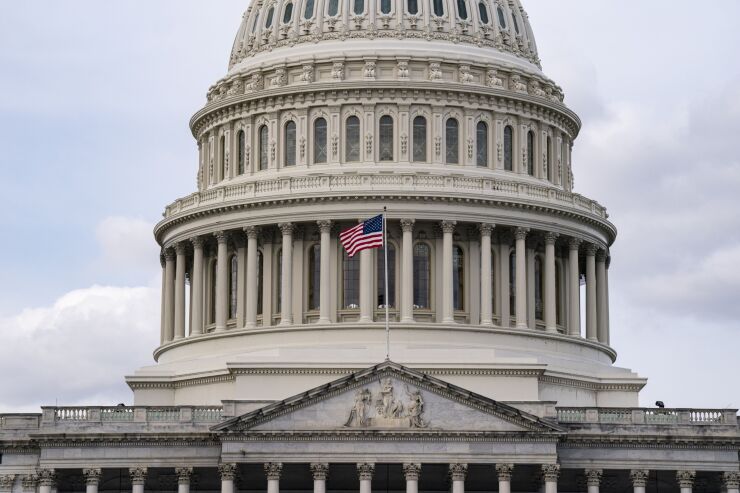The capital standards adopted by the Basel Committee on Banking Supervision have wrongly taken precedence over the authority invested in Congress to legislate and determine the appropriate capital requirements for American banks. The voluntary consortium of international banking regulators dictates domestic banks' capital requirements even though it possesses no supranational authority or legal force.
Congress should be the sole entity authorized to direct how American banking regulators promulgate rules that minimize leverage, enhance capital loss absorption and ensure a vibrant allocation of capital to individuals and businesses.

The Basel committee, which is governed by the Bank for International Settlements and chaired by banking regulators from around the world, possesses no legal authority in the United States. Although the committee's
Federal regulators have prioritized the committee's most recent set of standards, known as Basel III," over congressional directives. The regulators'
Clearly the primary focus of the rule was to incorporate the Basel framework. Legislation passed by Congress was an ancillary consideration.
Michael Barr, the vice chair for supervision with the Federal Reserve's board of governors, refuses to loosen capital requirements. In a
Barr neglects to discuss any costs associated with higher capital requirements. One
A more holistic understanding of the effects of higher capital requirements on the broader economy is needed before the Fed and other regulators continue to draft rules that may inhibit capital allocation.
Barr also admits his dedication to implementing additional reforms from Basel III at the expense of congressional consideration of proper prudential regulations. Although Barr understands that the Fed and other banking regulators must undergo the formal rulemaking process under the Administrative Procedure Act, he fails to mention the role Congress should play in prudential regulation, and instead, commits to drafting "the U.S. version of the Basel III endgame reforms" along with the Federal Deposit Insurance Corp. and the Office of the Comptroller of the Currency.
The Fed's annual
The Supreme Court's ruling in
The Fed, FDIC and OCC should seek statutory guidance from elected officials instead of the amalgamation of largely non-American banking regulators in Basel, Switzerland.
The implications of the Basel III standards and subsequent regulations have economic and political significance for the broader American economy. Because they are aiming to "regulate a significant portion of the American economy" specific congressional authorization is needed. Explicit direction from Congress is necessary to
Future consideration of capital requirements should be deliberated among elected officials. Congress must take the helm to ensure that bank capital requirements avoid the Basel committee's restrictive and slapdash "race to the top."






